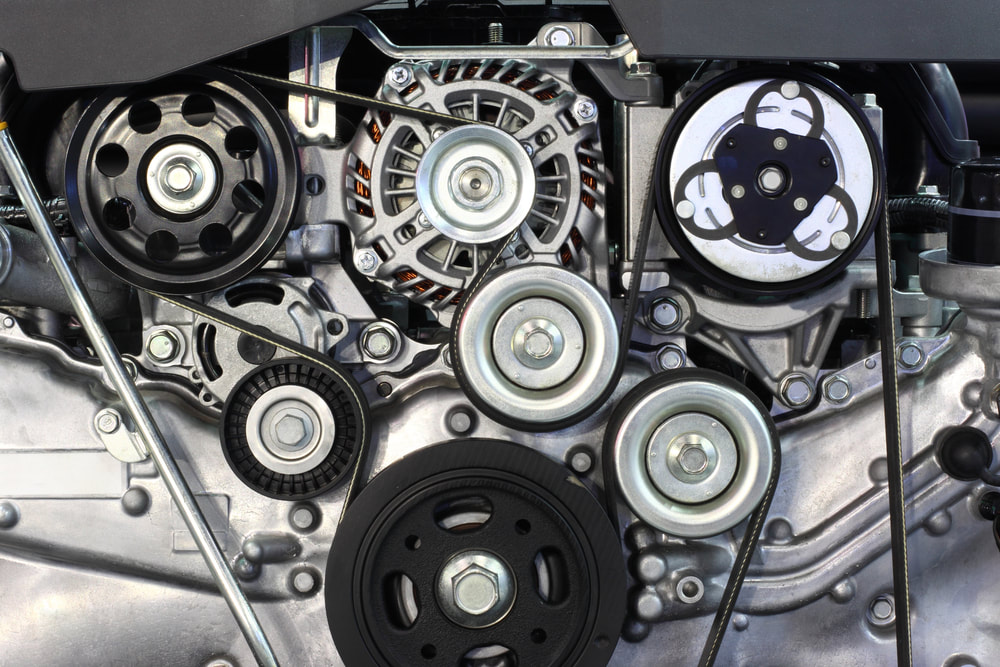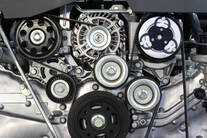What Causes Engine Knock?
Most engine knock is caused by one of three things:
- Detonation: This happens when the air/fuel mixture in the cylinders ignites too early. When this happens, the flame front travels across the cylinder much faster than it should. The result is a knocking noise as the pressure wave hits the piston.
- Pre-ignition: This occurs when the air/fuel mixture ignites before it should. This can be due to hot spots in the engine, deposits on spark plug electrodes, or other factors. Pre-ignition will cause engine knock as well.
- Engine mechanical problems: In some cases, engine knock can be caused by mechanical problems. This could be due to worn engine bearings or other engine parts not functioning properly. If you suspect engine knock might be caused by a mechanical problem, it's best to take it to a local auto repair shop for diagnosis and repair.
Prevent Engine Knock
If you start to hear engine knock, it's crucial to take action immediately. The first thing you should do is check your oil level and quality. If it's low or dirty, top it off or change it completely.
Next, check your fuel filter and air filter. These can get clogged over time and prevent the engine from getting the clean air and fuel it needs to run properly. Clean or replace them as needed.
Finally, if you're still hearing engine knock, take your car to a mechanic to have it checked out. It could be a sign of a more serious problem that needs to be fixed.



 RSS Feed
RSS Feed